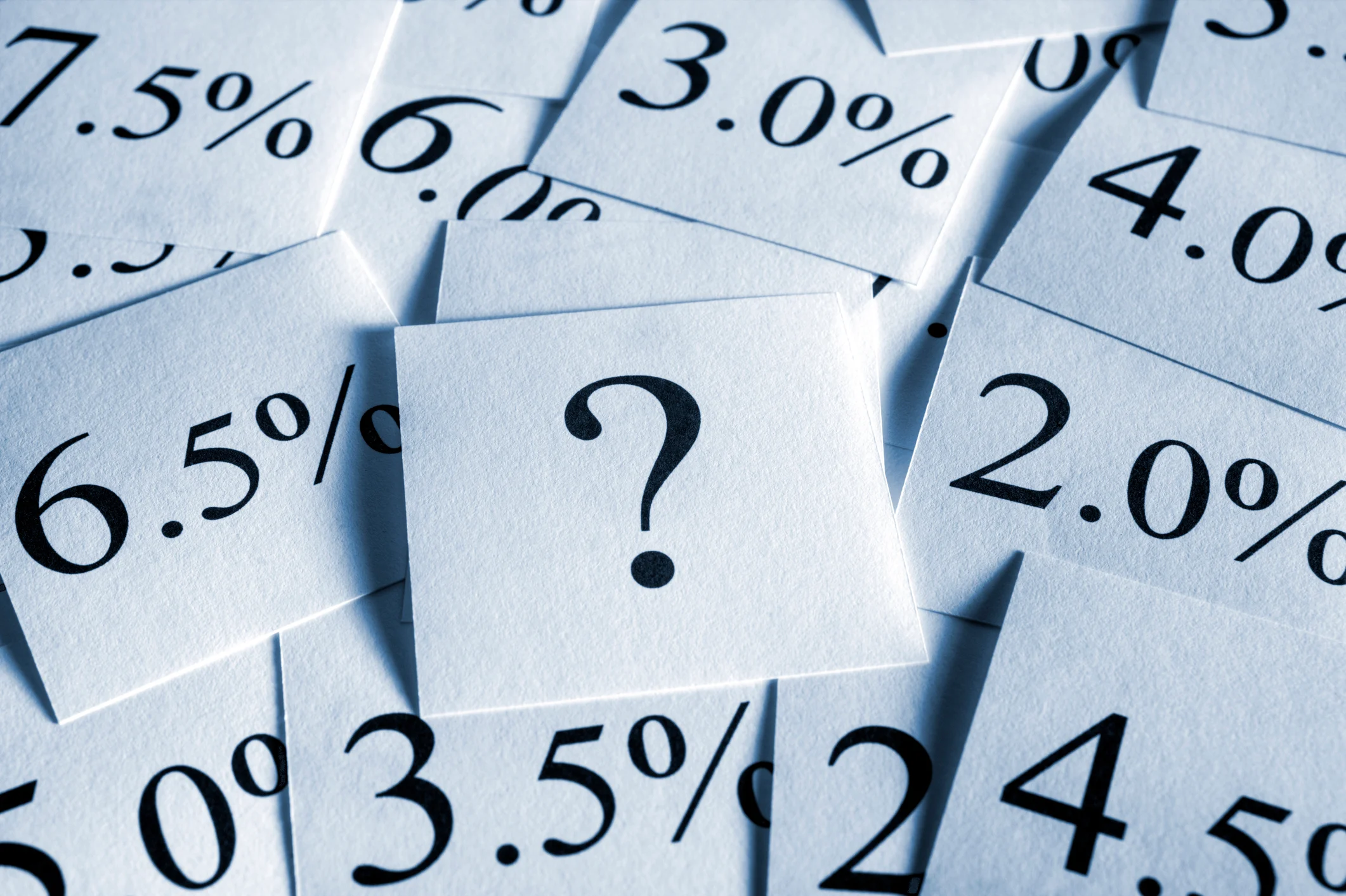
How Student Loan Inflation Can Affect Borrowers
The Biden-Haris Administration extended student loan repayment through August 31st, which will provide additional time for borrowers to plan for the resumption of payments, reducing the risk of delinquency and defaults after a restart. The Department of Education will also continue to provide loan relief, to borrowers who have been defrauded by their institutions and those eligible for relief through the Public Service Loan Forgiveness program. Even though this is a temporary relief many borrowers don’t know that once repayment has begun inflation will play a key role in their increased expenses (Helhoski,2022).
As inflation increases, many student borrowers are in fear of not being able to pay back the loans they’ve borrowed. As of Mar. 2022 inflation has hit a 40-year record high of 8.5% and decreased slightly to 8.3% in Apr. 2022 (Kenkare,2022). As alarming as this should be, many borrowers aren’t worried because they’ve heard that high inflation results in the value of the dollar is worth less. Meaning that a large sum of student debts is now worth less. And although this may be true, this is not the full truth.
Inflation is the measure of purchasing power of money and the increase in prices over a given period of time. The Federal Reserve, the central banking system in the US, is tasked with keeping inflation around 2% each year, the standard yearly growth rate for the economy. When inflation rises past this 2% mark too quickly, as it has in the past few months, the prices of goods and services rise, requiring more money for everyday essentials and housing (Kenkare,2022).
What this means for student borrowers is that as inflation keeps increasing, the Fed will continue to raise the federal fund rate, which is the rate it costs banks to lend to one another (Kenkare,2022). Banks then will respond by increasing consumer interest rates on loans and other financial products. This is said to be done for reasons of trying to contain inflation, making it less tempting for consumers to borrow money, which in return helps balance the scales of supply and demand, stabilizes the economy, and lowers the inflation rate (Kenkare,2022).
Unfortunately, what many borrowers don’t know is that wages contribute to this dilemma. Student loan expert Mark Kantrowitz says, “Inflation dictates that a dollar ten years ago is worth more than a dollar today. So, as long as wages are rising along with inflation, the debt for a loan borrowed in the past will hold less value today.” Meaning if wages were raised as high as inflation, paying back student debts would be so much easier but currently, it’s not. The federally mandated minimum wage in the United States is $7.25 U.S. dollars per hour, although it varies from state to state (McDonald,2021). So according to wages, many student borrowers will not benefit from devalued student debt.

Here’s how inflation will impact the different loan types:
Federal student loans
Federal student loans are fixed-rate (Loe,2022). Which means its interest rate stays the same over time. Inflation could work in the borrower’s favor if wages rise alongside inflation, as it devalues the borrower’s debt. If wages aren’t increasing alongside inflation, the rising prices will just stretch the borrower’s bill even more which will result in the borrower not being able to pay back loans.
Private student loans
Private loans can be either fixed-rate or variable ((Loe,2022). For fixed-rate borrowers, the interest rate will stay the same. But for adjustable-rate loans, rates could get high if it hasn’t already. If inflation rates go up, interest rates go up right along with it.
The new borrower in 2022
Since federal student loan interest rates reset annually on July 1, both private and federal student loans could be higher for the 2022-23 school year. Interest rates are as followed (Loe,2022):
- Undergraduate loans: 4.99%
- Graduate Direct Unsubsidized loans: 6.54%
- PLUS loans: 7.54%
All there is to do at this time is to just prepare to repay. Ways to prepare could be to look into income-driven repayment plans, refinance private loans, take a close look at your budget, or even consider a side job.
References
Helhoski , A. (2022, April 6). Will inflation be good for student loan borrowers?
NerdWallet. Retrieved June 15, 2022, from https://www.nerdwallet.com/article/loans/student-loans/will-inflation-be-good-for-student-loan-borrowers
Kenkare, P. (2022, May 14). Here’s what high inflation means for student loan
borrowers. CNET. Retrieved June 15, 2022, from https://www.cnet.com/personal-finance/loans/heres-what-high-inflation-means-for-student-loan-borrowers/
Loe, M. (2022, May 18). Yes, interest rates for new federal student loans
are set to increase for 2022-2023 academic year. verifythis.com. Retrieved June 15, 2022, from https://www.verifythis.com/article/news/verify/money-verify/why-federal-student-loans-will-be-more-expensive-2022-2023/536-d05d1d7d-4d5f-4b44-bda9-677a417612da
McDonald, C. E. (2021, December 21). Minimum wage increases in 2022: A
chart of upcoming changes and interactive map. Ogletree Deakins. Retrieved June 15, 2022, from https://ogletree.com/insights/minimum-wage-increases-in-2022-a-chart-of-upcoming-changes-and-interactive-map/



